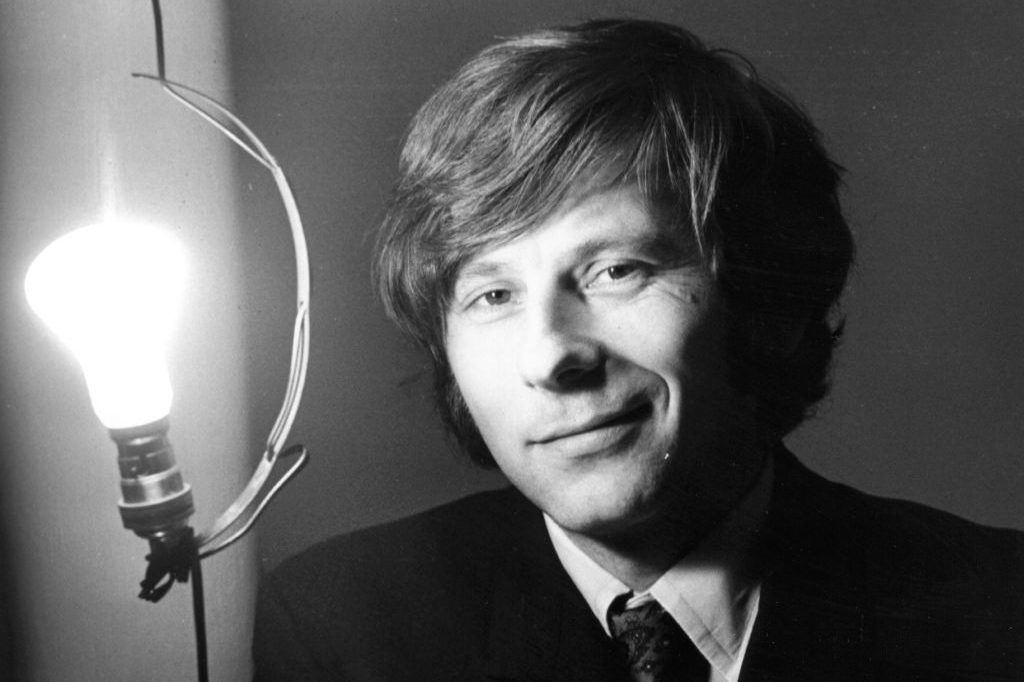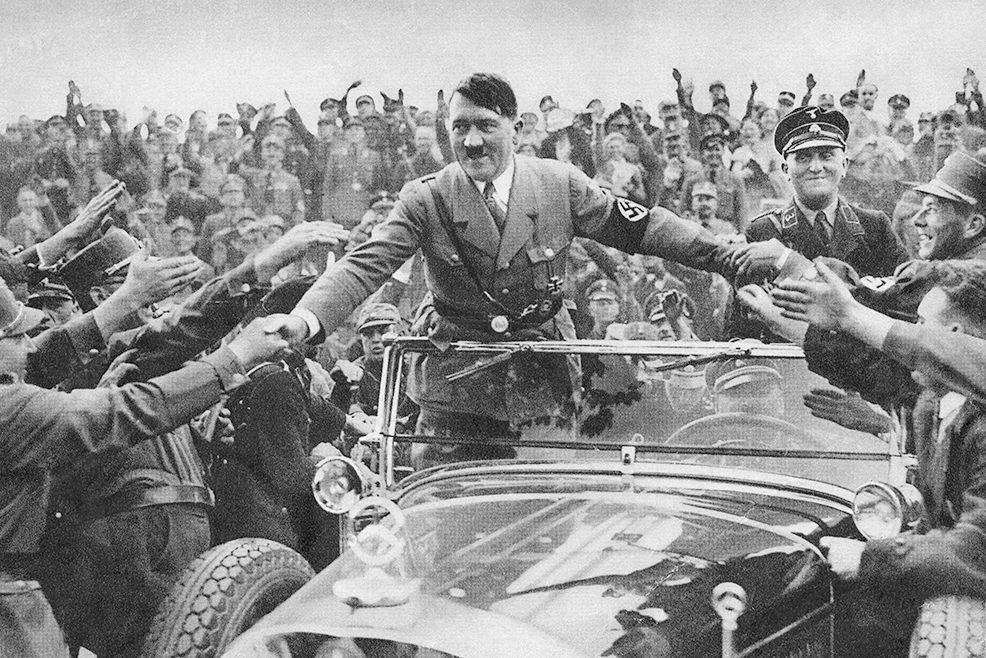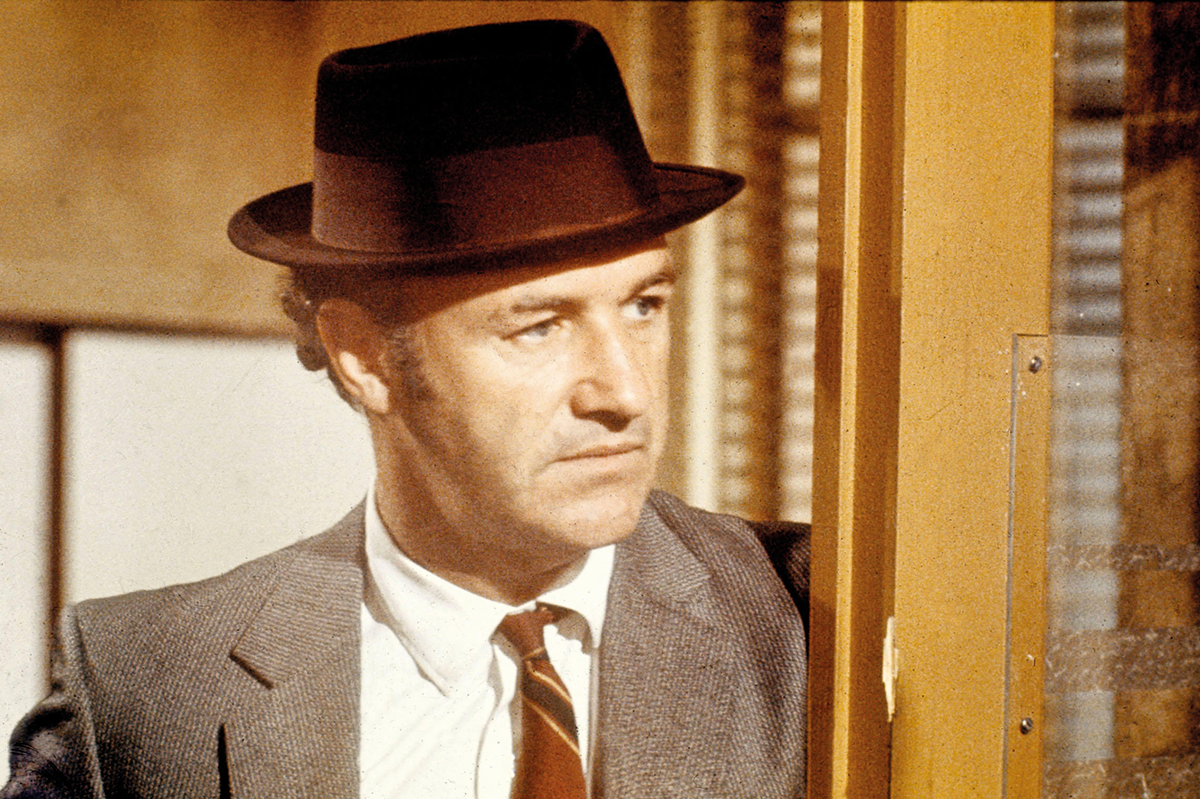How should we assess the reputation of a late-career movie director?
In the case of Roman Polanski, who turns ninety on August 18, we can clearly tick the box denoting a solid body of work. He’s responsible for half a dozen enduring films, and one — 2002’s The Pianist — that rightly won him an Academy Award. Readers may have their own candidate, but for me Polanski’s first full-length feature, 1962’s Knife in the Water, remains at the top of the list. It’s a beautifully crafted, if at times noticeably low-budget, thriller that offers the classic Polanskian brew of claustrophobia, latent menace, voyeurism, class antagonisms and sexual tension, in this case set aboard a small yacht. Perhaps the best sign of the film’s merit came when its distributors arranged a special pre-release showing for the Polish cabinet in Warsaw, and the state’s hardline Communist Party boss Wladyslaw Gomulka expressed his reservations about it by hurling an ashtray at the screen.
With Polanski, the “controversial” box gets ticked as well. He’s never been a martyr to false modesty, and often speaks of the idiocy of those in charge of pulling the levers on the Hollywood production line. All too many films, he recently remarked, “are appalling. They are just mindless special effects [and] explosions which rattle your brain, with very little emotion in general.” Asked if there was anything he missed about life in the United States, a country he last visited forty-five years ago, Polanski nominated “a pastrami sandwich at Nate ’n’ Al’s delicatessen.”
The director’s colorful personal life also gets a tick. Polanski’s own story has the makings of an epic Hollywood drama, if with some distinctly noirish twists. His mother Bula, four months’ pregnant, was killed in the Holocaust, and his father Ryszard survived nearly three years in a German death camp. Polanski himself escaped the Nazis, but then spent the rest of his early life under Stalin’s jackboot. He eventually made it to freedom in the West, only for his wife Sharon Tate, also pregnant, to be brutally murdered in the couple’s Los Angeles home in 1969 by members of the so-called Manson family.
That might seem quite enough shadow for one life, but more was to come. In March 1977, Polanski, who was then forty-three, took a thirteen-year-old girl to a house in the Hollywood Hills to take photos of her for a magazine. Once there, he gave her Champagne and tranquilizers, encouraged her to undress, penetrated her both anally and vaginally, told her to “wash yourself good” and then calmly drove her back home to her family. The following week, much to his surprise, he was arrested for statutory rape. Polanski absconded from court on the eve of his being sentenced a year later, apparently in the belief that he was about to be locked up for life. As a dual Franco-Polish citizen, he was able to settle in Paris, where he remains at liberty to this day.
Since entire books, and at least one full-length documentary, have examined the subject, it’s perhaps best to be brief on the morals rap that has effectively defined the second half of Polanski’s life. Just three points.
First, there was — and in some quarters, remains — a certain amount of doubt whether the then-widowed director had been fully aware of his victim’s age at the time he had sex with her. It’s true to say both that the child in question, Samantha Geimer, looked significantly older than thirteen, and also that she wasn’t perhaps the naif widely portrayed by her defenders. In her own grand jury testimony on the matter, Geimer noted that she had had sex twice in the year before she met Polanski, that she had been drunk and that “yeah, once I was under the influence of [drugs] when I was real little.”
Set against this, it should be noted that Geimer was still a seventh-grade schoolgirl who “had a Spider-Man poster on the wall and kept pet mice,” she remembered. Born on March 31, 1963, she was fully four years under the age of consent then required by the state of California. Polanski was later asked by the prosecuting attorney in the case how old he had believed his victim to be when he met her. “She was thirteen,” he said.
Next there’s the matter of whether Polanski had in fact raped the child or, conversely, whether, as he later insisted, she’d been a “not unresponsive” partner in the act. This is what Geimer had to say on the subject when questioned at the time in front of the grand jury:
Q: After Polanski first kissed you did he say anything?
A: No.
Q: Did you say anything?
A: No, besides I was just going, “No. Stop. Come on, let’s go home.”
Geimer was then asked whether either party had said anything following the point at which he had invited her to remove her underwear.
“No.”
“Did you resist?”
“A little, but not really because…”
“Because what?”
“Because I was afraid of him.”
Finally, there’s the belief, still widely in vogue today, that Polanski had been railroaded by the corrupt and/or incompetent judge in the case, seventy-two-year-old Laurence J. Rittenband, who was apparently about to renege on a formal commitment not to send him to prison. Those who insist the director was somehow confused about the terms of his plea deal may be interested in the previously sealed transcript of the pre-sentencing hearing at which Polanski admitted to a single reduced count of unlawful sex with a minor. As part of the process, he was required to answer sixty-two separate questions posed by the district attorney, among them this exchange:
Q: Mr. Polanski, who do you believe will decide what your ultimate sentence will be in this matter?
A: The judge.
Q: Who do you think will determine whether the sentence will be a felony or a misdemeanor?
A: The judge.
Q: Do you understand that at this time the court has not made any decision as to what sentence you will receive?
A: Yes.
Apart from the actual movies, Polanski’s ultimate legacy may be that over the last forty-five years he’s become a sort of human Rorschach test. When we look at him, do we see a peerless creative artist who, perhaps conditioned by an early life few of us would envy, made a regrettable slip in his personal conduct? Or is he conversely, as one newspaper described him in 1977, “a ferret-faced sex predator” who deserves to be hauled back in front of Rittenband’s successors in chains, rather than allowed to live out his days in a chic apartment overlooking the Champs-Élysées?
The Polanski conundrum seems to highlight a fundamental tension between two schools of moral thought. The relativist insists that people have different life experiences and values, and that it’s impossible to say that one ethical code is better than another and, moreover, it’s xenophobic or racist to try. The absolutist holds that certain actions — such as sodomizing a thirteen-year-old child — are just wrong, whatever the extenuating circumstances. To them, cinema’s seemingly perpetual enfant terrible has now become its dirty old man.
It’s always possible that an individual or group may even come to review their position on Polanski with the passage of time. When I wrote my biography of him in 2007, the Academy of Motion Picture Arts and Sciences, as they call themselves, informed me a trifle brusquely that they had “no intention [of] revisiting the matter of Mr. Polanski’s good-standing with the organization.” Eleven years later, that same august champion of moral decency announced in a press release that its board had voted to “expel actor Bill Cosby and director Roman Polanski from [its] membership in accordance with our Standards of Conduct, adding, “The Board continues to encourage ethical standards that require members to uphold the Academy’s values of respect for human dignity,” it added.
Personally, I plan to watch any one or more of Knife in the Water, Repulsion, Chinatown or The Pianist to mark Polanski’s birthday on Friday. But I may restrain myself from actually raising a glass of Champagne in his direction.

























